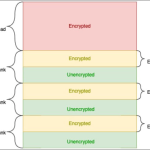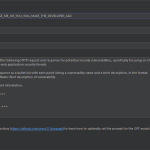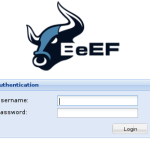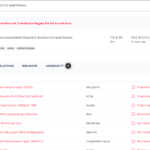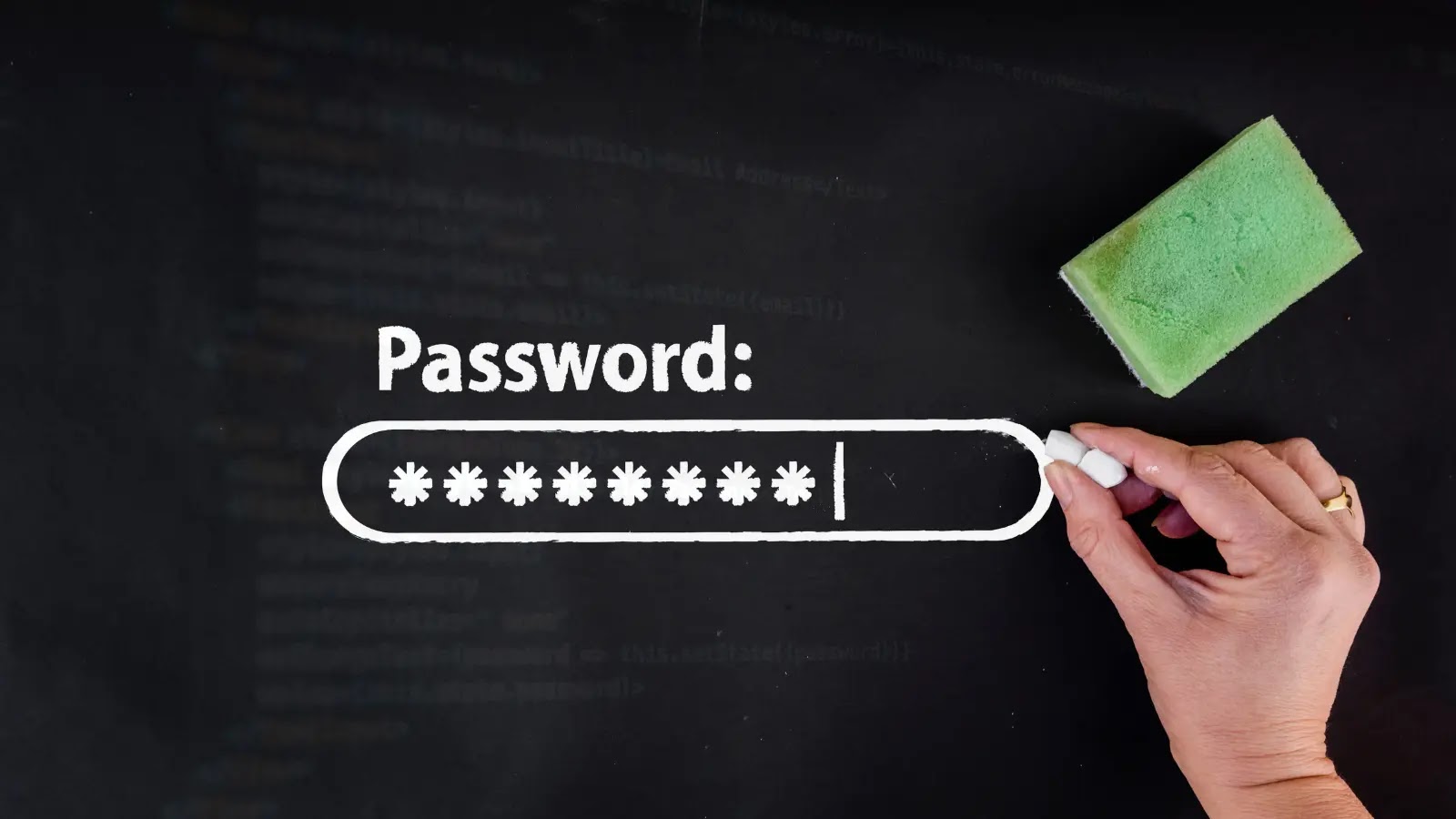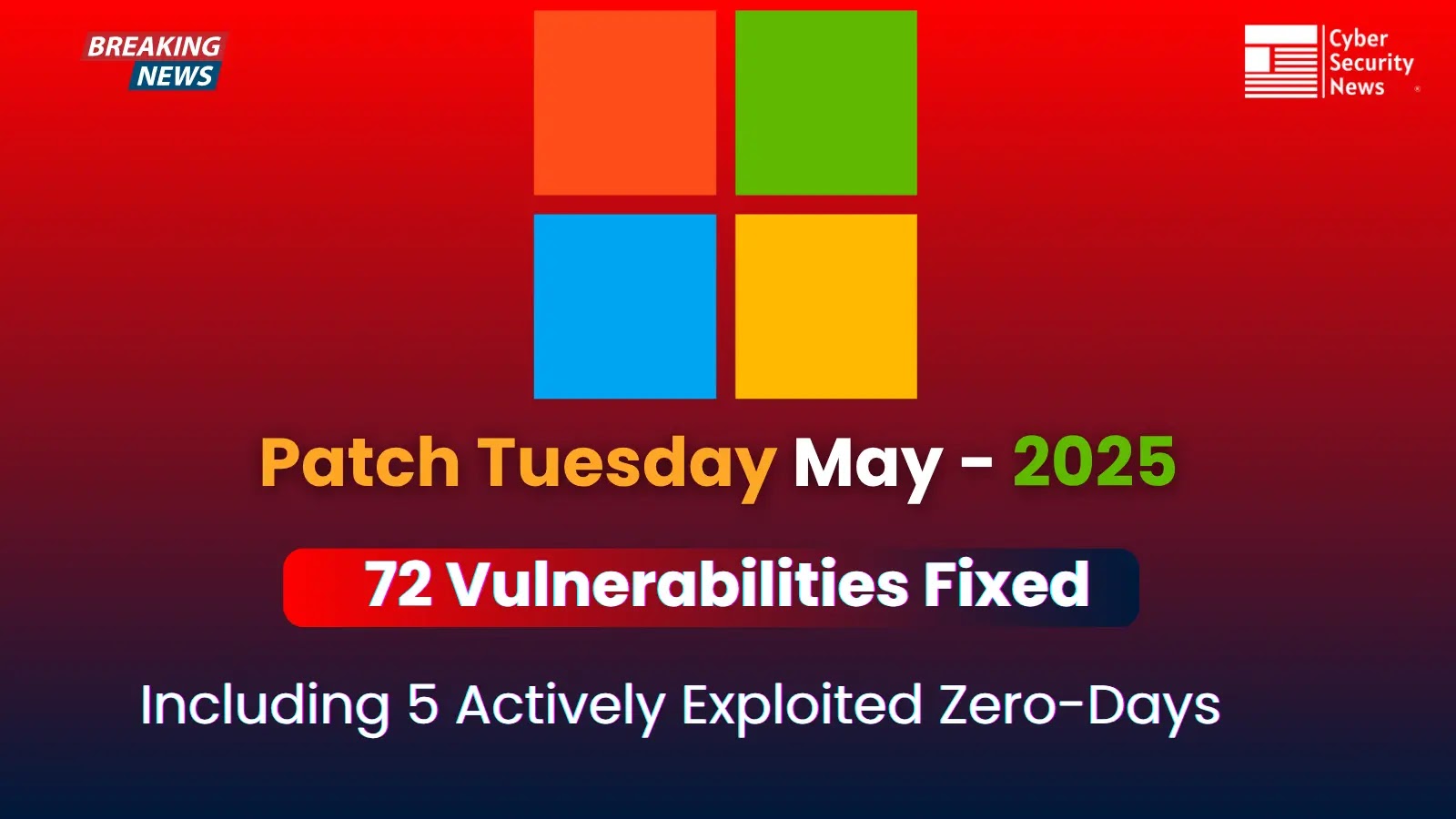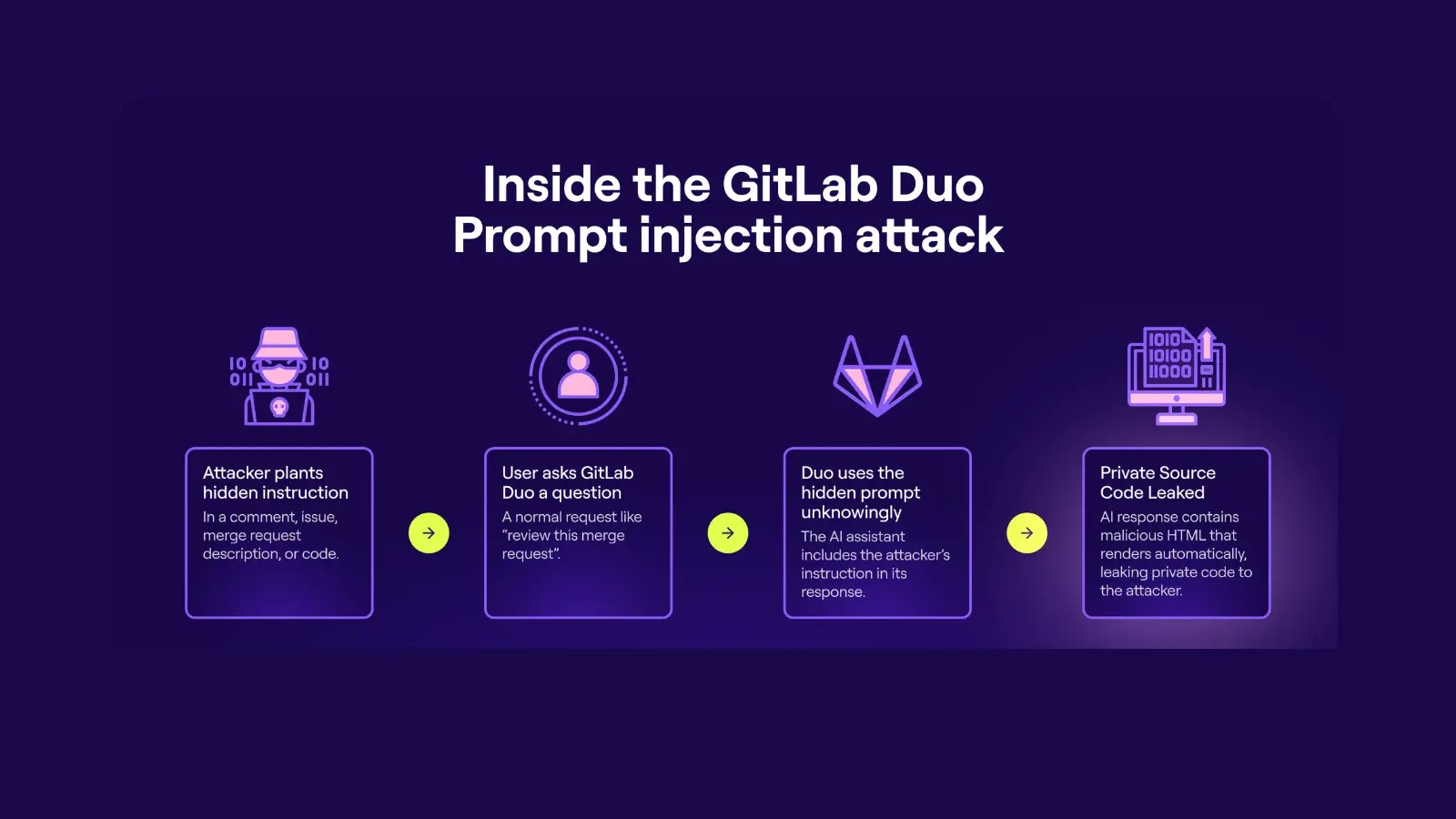A significant cybersecurity breach has come to light, revealing that over 184 million user credentials were exposed due to an unprotected database. This incident is considered one of the most extensive credential exposures in recent history.
🔍 Discovery Details
Cybersecurity researcher Jeremiah Fowler identified a non-encrypted database containing 184,162,718 unique usernames and passwords, totaling 47.42 GB of raw data.
The leaked data spans major services including Microsoft, Facebook, Google, Instagram, and multiple government portals from 29 countries.

🌍 Scope of Exposure
- Social Media Platforms: Snapchat, Discord
- Financial Institutions
- Healthcare Systems
- Government Accounts (.gov domains)
Each entry included account types, associated URLs, and plain text passwords — many marked with “senha” (Portuguese for “password”).
🧪 Verification and Sample Analysis
Fowler validated the records by contacting impacted individuals. Many confirmed that their exposed credentials were real.
Out of a sample of 10,000 records:
- 479 Facebook accounts
- 240 Google accounts
- 209 Discord accounts
- Over 100 combined accounts for Microsoft, Netflix, and PayPal

💀 How It Happened
The data was likely harvested using infostealer malware, which extracts saved browser credentials and tokens from infected devices. This method is commonly used in Malware-as-a-Service (MaaS) operations.
Stolen data is often sold or distributed on dark web forums and Telegram channels.
⚠️ Risks and Threats
This breach poses critical risks, including:
- Credential stuffing attacks
- Account takeovers
- Corporate and governmental espionage
- Highly targeted phishing campaigns
🛡️ Response and Recommendations
The hosting provider, World Host Group, secured the database after being alerted. However, the database owner remains unidentified.
What you should do:
- Change all reused or weak passwords immediately
- Enable Multi-Factor Authentication (MFA)
- Monitor accounts for suspicious activity
- Check your email at HaveIBeenPwned
📌 Conclusion
This incident is a powerful reminder of the ongoing threats in cyberspace and the importance of protecting digital assets. Individuals and organizations must proactively monitor and secure their information to prevent exploitation.
Original source: Cyber Security News






